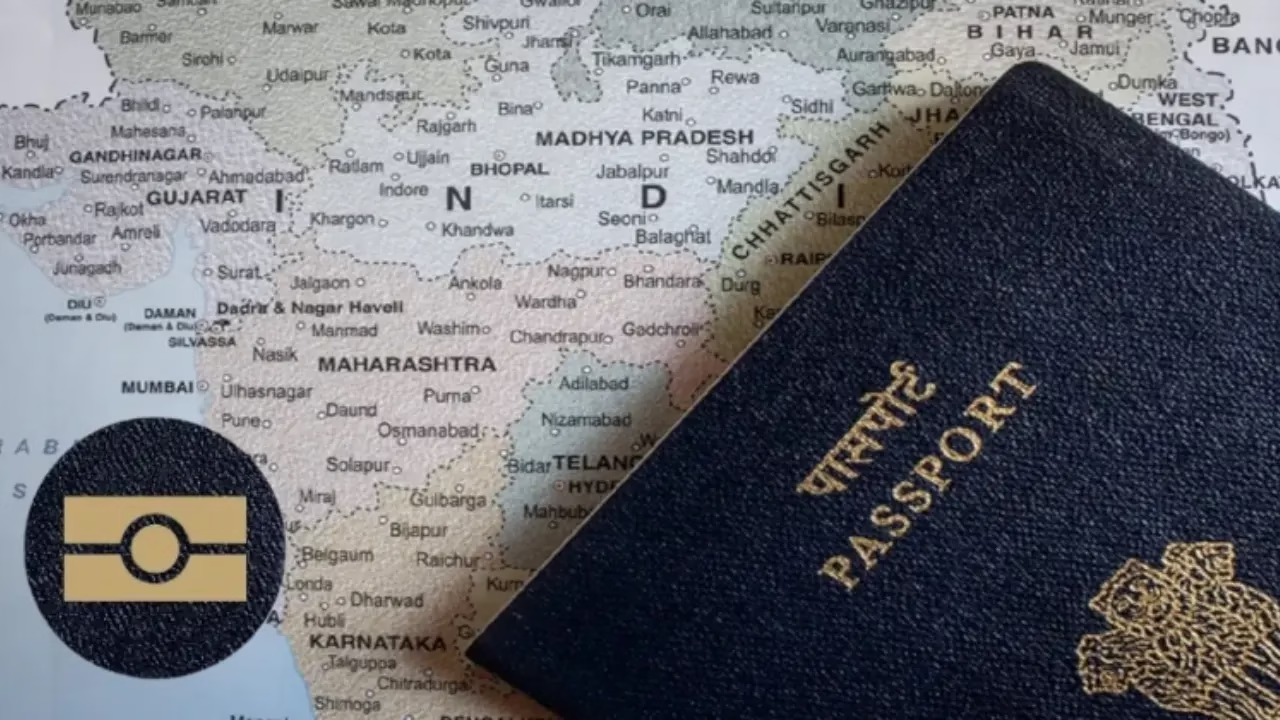India Launches Chip-Based E-Passports Nationwide
India launches chip-based e-passports to enhance travel security and streamline immigration processes. The Ministry of External Affairs (MEA) initiated the nationwide rollout in May 2025, following a successful pilot program that began in April 2024 across 12 cities, including Chennai, Hyderabad, and Jaipur. These e-passports integrate advanced technology to align with international standards and bolster the nation’s digital infrastructure.
Key Features of Chip-Based E-Passports
The new e-passports incorporate a Radio Frequency Identification (RFID) chip and an antenna embedded within the passport’s back cover. This chip securely stores the holder’s personal and biometric data, such as facial images, fingerprints, and iris scans, in an encrypted format. Additionally, a gold-colored symbol on the front cover distinguishes these passports from traditional ones.
Enhanced Security Measures
To protect sensitive information, the e-passports utilize Public Key Infrastructure (PKI), ensuring data integrity and authenticity. This technology makes it significantly more challenging to forge or tamper with the documents, thereby reducing the risk of identity theft and fraud. As a result, travelers can expect a more secure and efficient experience at immigration checkpoints.
Implementation and Rollout
The initial phase of the e-passport program commenced on April 1, 2024, under the Passport Seva Programme Version 2.0. Regional Passport Offices in cities like Nagpur, Bhubaneswar, and Shimla participated in the pilot. Following its success, the MEA expanded the initiative nationwide in May 2025, aiming to modernize India’s travel documentation system comprehensively.
New Passport Regulations
Alongside the introduction of e-passports, the government implemented updated passport rules in 2025. Notably, for individuals born on or after October 1, 2023, a birth certificate has become a mandatory requirement for passport issuance. Furthermore, the residential address is now digitally embedded within the chip, eliminating the need for it to be printed on the passport’s last page. Parents’ names have also been removed to streamline personal data presentation.
Global Alignment and Future Prospects
By adopting chip-based e-passports, India joins countries like the USA, UK, and Germany in embracing advanced travel document technology. This move not only enhances national security but also facilitates smoother international travel for Indian citizens. As the program progresses, the government plans to continue refining the system to ensure maximum efficiency and security for all passport holders.
Published by HorizonFeeds on May 13, 2025, at 10:00 IST




